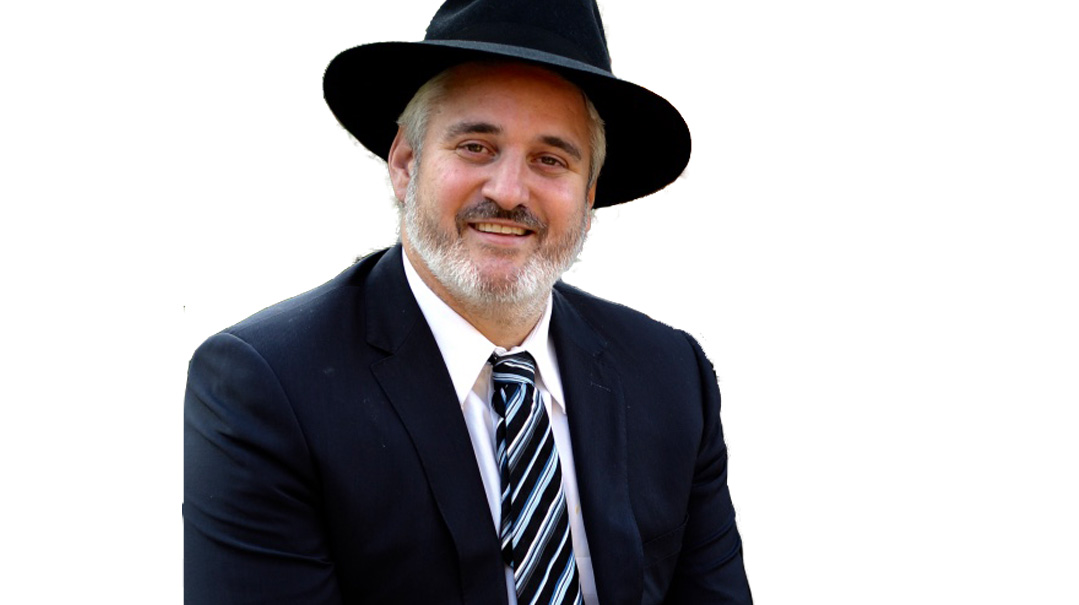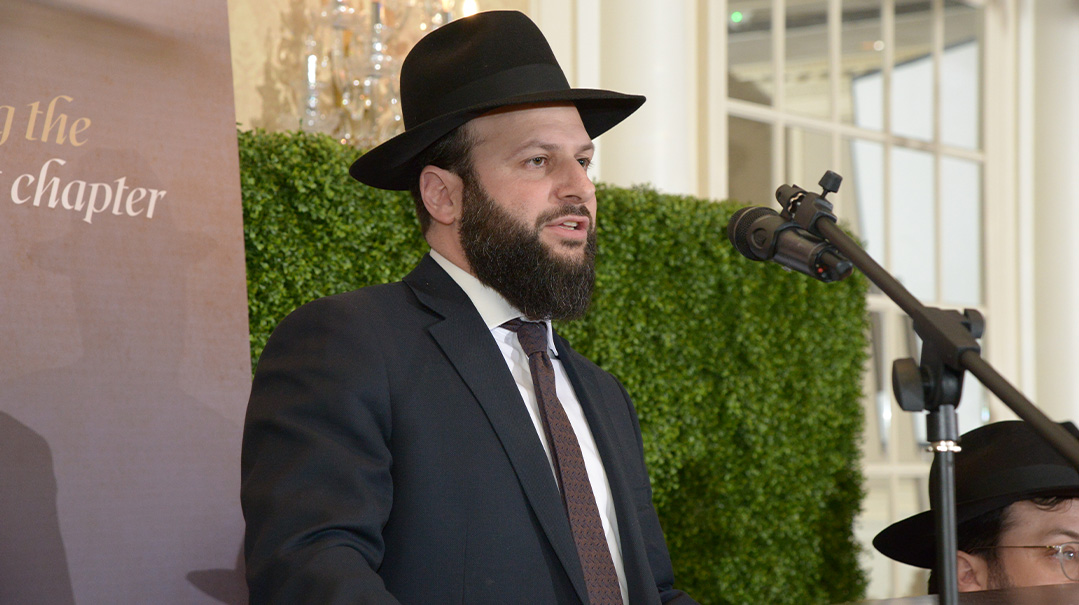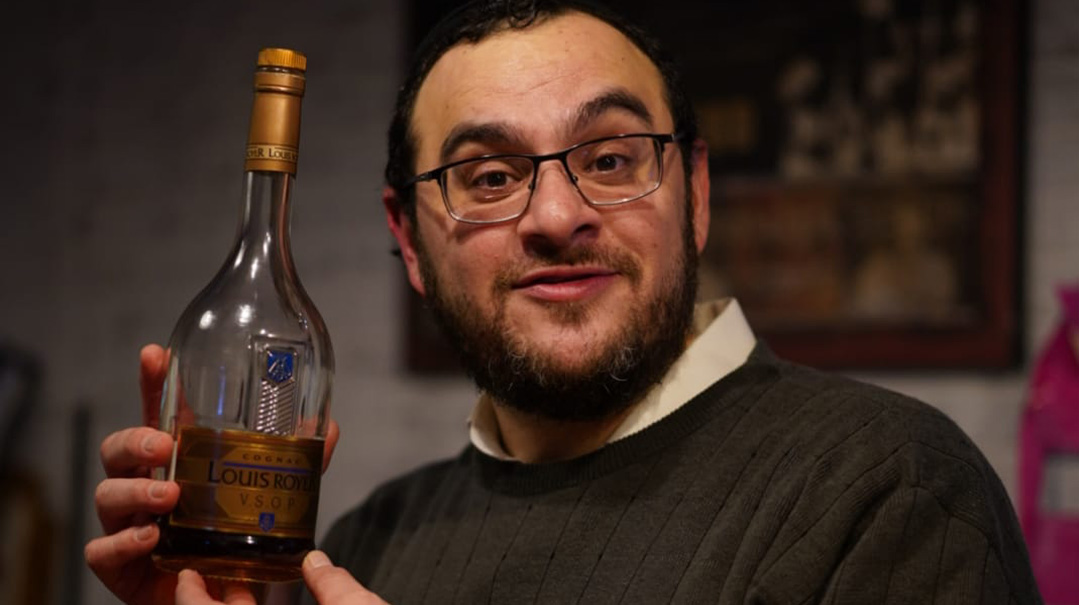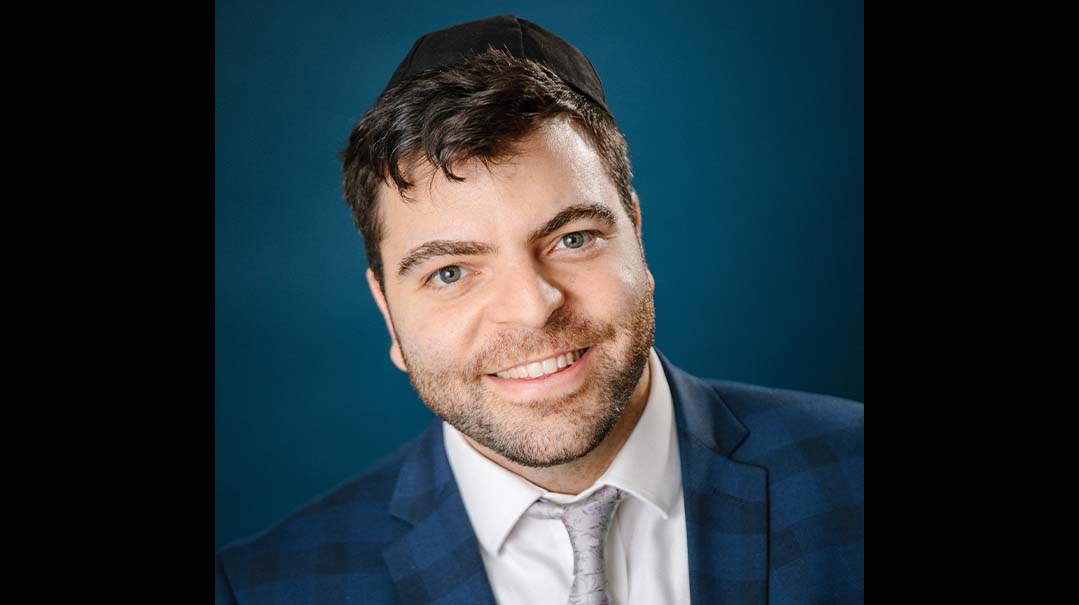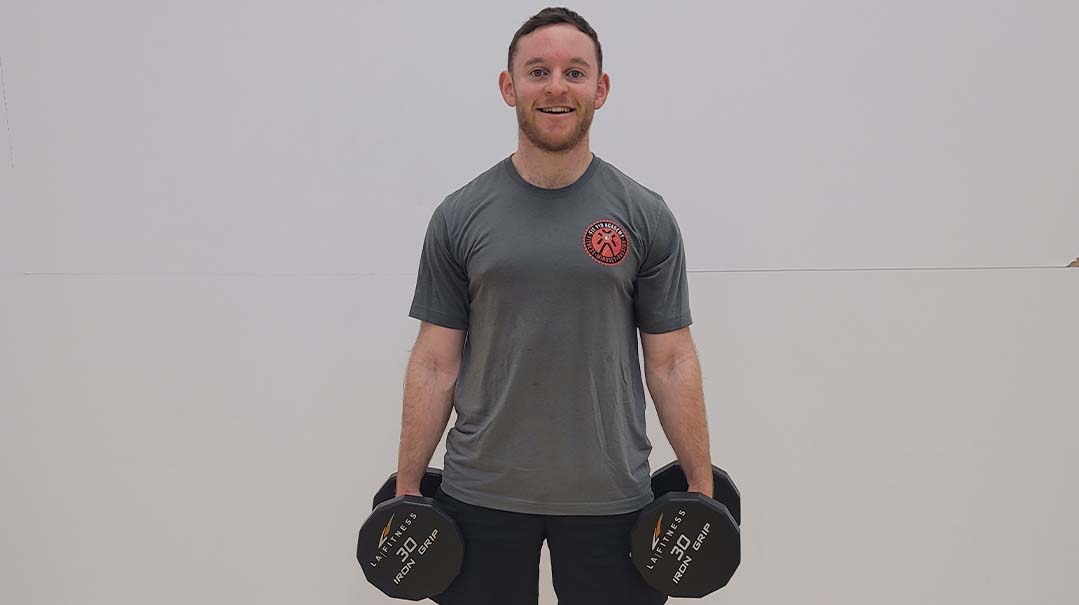10 Questions for Jason Cohen

Jason Cohen is the man behind Holy Butter Peanut Butter, an all-natural peanut butter. He is based in Modiin, Israel
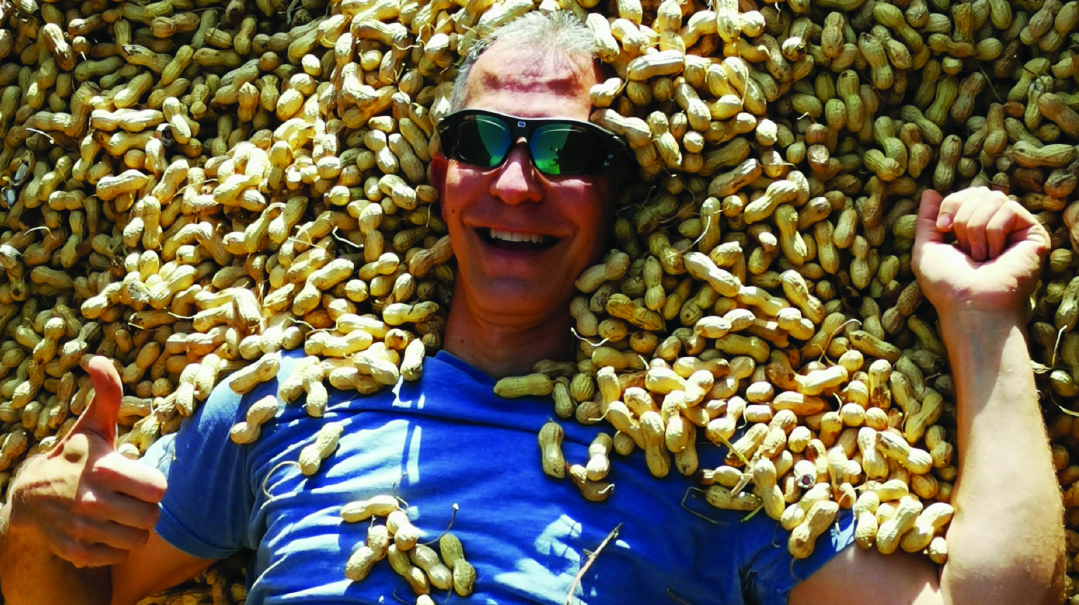
Where did you get the idea?
It was all due to a serendipitous search for quality peanut butter. As an anaesthesiologist and interventional pain-management physician with a medical consultancy, I traveled every four to six weeks from Israel to New York, and that was disrupted during the initial weeks of COVID. My family realized we had run dry of the Smuckers organic peanut butter I’d often bring back from abroad. Peanuts are an extremely healthy source of nutrition — of good carbohydrates and healthy fat — but the peanut butter sold here wasn’t the quality we were used to. I started wondering about what goes into peanut butter and how it’s made, and soon, I was scouring the Internet for a deeper understanding of peanut butter production.
What did you do next?
I contacted the largest nut importers in the country. Did you know that Israel is regarded as growing the best peanuts in the world? But ironically, more than 90 percent of the peanuts sold here are imported from China! Most if not all of the peanut products sold here are made from imported peanuts or peanut powder. The countries we import from have lower health standards, and the regulations there are troubling — the soil is full of numerous toxins, including nicotine. Further investigation brought me into the Israeli agricultural world, global leaders in agri-tech, and the Israel Groundnuts Board, which oversees the production and marketing of peanuts in the country. There, I learned that almost 60 percent of peanuts grown in Israel are exported to Europe.
How long did it take to come up with the recipe?
Before the recipe, I had to source the ingredients — that took a couple of months. As a wine enthusiast with familiarity in how much the terroir — natural environment, including soil composition and climate — contributes to the final product, I thought the same might apply to peanuts. I visited various growing regions, tasting different species of peanuts native to IsraeI. I decided to source peanuts from farmers in the Negev — the sandy soil distinctive to that area produced the best peanuts for our purposes — and began roasting them in different configurations, varying temperatures, skin on and off, and more. I also imported a grinding machine and converted my machsan under my house into a factory, where I began trialing different grinding textures.
How did you come up with the recipe?
I knew I wanted something natural. Holy Butter Peanut Butter has zero sugar, zero salt, and zero added oils. I like to say that the only ingredients are Israeli peanuts and ruach hakodesh. Whereas commercial peanut butters like Skippy and Jif introduce sugar and palm oil, a saturated fat that contributes to weight gain and elevated cholesterol levels, Holy Butter Peanut Butter contains only the peanuts’ natural unsaturated fats, which lower bad cholesterol, raise good cholesterol, and are heart healthy.
What equipment do you always have on you?
My senses. I’ve learned to rely on my vision, smell, and taste — from sourcing the nuts with the best taste to producing our signature roast and flavor profile (our peanut butter has overtones of mocha and caramel) and, ultimately, our characteristic grind and texture. Local farmers have given me so much time, multiple nut roasters have helped me figure out how to make it work, and they all recommended I trust my gut and follow my instincts.
What was the biggest hurdle in making all this happen?
Producing a consistent product that best reflected the flavor and texture I was looking to create — how to roast, clean, and grind the peanuts, for example. But remember, this is my first foray into the Israeli food industry, and I’m working alongside farmers and their industrial machinery. I’m completely outside my comfort zone of the operating room, and as a new start-up with no professional equipment or factory, every step was a challenge! Things did get easier over time, and in November, I moved the operation — no pun intended — into a factory in Yishro, the commercial center of Modiin, which was a big step. It afforded us a Badatz Rubin hechsher, along with commercial machinery that can produce enough volume to keep up with increasing customer demand.
Who is your clientele?
When we launched in July, it was Anglo communities throughout Israel, but by September, more than half of our clients were native Israelis, from the Golan down to Eilat. Because we add no sugar, salt, or oils to the butter, people with diabetes, high blood pressure, and heart disease have quickly become regular customers.
Is this your full-time job?
At first it occupied about half of my time, but it’s now a full-time vocation. Although the work has diminished due to COVID, I still maintain my consulting practice, but peanut butter production is my full-time job now — the grind never stops. From the outset, my wife Donna and I divided responsibilities; she managed the sales and accounting while I was more the business and operations. Immediately following an article about Holy Butter on Erev Succot, a flood of orders came in, and our four children quickly jumped in to help with production, order confirmations, filling hundreds of orders for shipment, billing, and more.
What was it like expanding to almonds?
With Israel recognized as growing the world’s best almonds, it seemed like a natural step to progress to almond butter. We rolled that out in Kislev to coincide with parshat Mikeitz, where we read about Yaakov Avinu instructing his sons to bring Yosef a gift including “botnim u’shkedim,” peanuts and almonds. Israel’s almonds are tastier, larger, and contain a significantly higher calcium concentration than their American counterparts. With our experience in peanut roasting and grinding already under our belt, we were able to apply similar methods and logistics. We developed a different roast and grind for our almonds that best highlights their flavor. We also retain a higher portion of almond skins than we do with peanuts, because the skin confers additional health benefits like antioxidant, antimicrobial, antiviral, and neuroprotective properties.
What’s your next step?
The short answer is growing the factory and investing in machinery. More exciting is that we’re expanding nationally and distributing abroad. There’s an inherent kedushah in Israel, I’m lucky to live here and experience firsthand the choice fruits of the Land, and I’d love to bring that to people everywhere.
(Originally featured in Mishpacha, Issue 846)
Oops! We could not locate your form.








